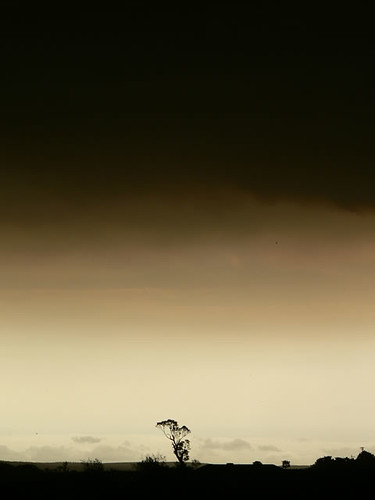End of a conflict: An ideal time to bear witness to a brutal war
The strap of my bag unbuckled under the strain as I squeezed out of the bus in Kurunegala. The clock tower read an unrushed 6.40 am on its weary face. It was quite possibly a relic from the Premadasa era, bearing testament to a President who erected large clocks in many city centres and villages, subtle messages about punctuality woven into a fabric of ageless and often useful, chaos. I checked my wrist watch, because the clock face that looked over the sleepy town looked too burdened to be reliable. If the train was on time, I had forty minutes to get to the railway station which I knew couldn’t be too far.
Struggling to buckle the strap, I went into the nearest shop to ask for directions. “It’s that way, you won’t miss it”. The little I knew about Kurunegala town was enough to give me confidence that I had all the information needed to walk to the station in time. As I stepped out on to the road, I realised that I may have left my cap in the car when my father dropped me - sleepy eyed and still jet lagged - at the central bus-stand in Kandy an hour and forty minutes ago. It seemed like I was going to miss it a lot.
Walking to the station through the light mist, trying to read the faces of over worked strangers on a regular Monday morning, I resisted the temptation to take a three-wheeler. Busses limped past me on all fours, saturated and overflowing with white uniforms, heavy schoolbags, briefcases and flowery saris – battle fatigues of sorts I thought. I called Shazard to make sure that they were on the train and that the train itself was on track. Time has also steadily eroded the Railways. Over years of being one of its loyal customers, the Railway Department had taught me to expect its services to be reliably late and not to take such minor blessings for granted.
What if we missed the train or never even volunteered to dedicate a week of our time and energy to help out at the camps? We had no grand illusions about what we were trying to achieve or contribute. I could not believe that my efforts were going to make a noticeable difference, because in my absence there would have been plenty of others to take this place. But I hoped that our presence there on the other hand would make a difference. We hoped it would personify a more meaningful expression of a message that was being preached from high platforms. It was a personal acknowledgement of the hard work that lie ahead of as while the notion that forces of evil in this country have been defeated and that the nation has been unified - at least politically –was being celebrated with fireworks and parties.
Perhaps we needed to do something - if only to convince ourselves that we have done 'something'. Even though we have all been brutalised by the violence and horrors of war, demonstrating that we still had a capacity to empathise and care would make us feel better. Maybe we were guided by our moral obligation to serve. Despite having lived under the clouds of war, I have never been exposed to the downpour of its terror and violent images. Now the war was over and this was a fleeting chance to catch the last glimpse of what it was all about. I had read about the psychological implications of war and violence on society and tried to understand how soldiers are trained and prepare for battle. I have tried to understand what they experience on the battlefield and afterwards. Survivors of this war are still denied the space and liberty to share their stories and i suppose many of those stories will never be told. I felt intellectually and morally obliged to hear the silent stories and know for myself what so many around me were speaking about with unquestioned authority. I felt obliged as a Sri Lankan, to find out and share in whatever way I could - the experiences of so many of my own countrymen and women who has known this war as a fact of daily life. Their lives have so far been so very distant from my own.
The train was indeed on its way and a stranger assured me in his haste that I was making good time to get on it.
